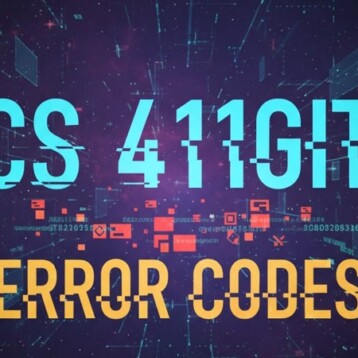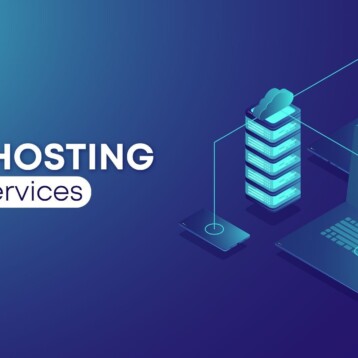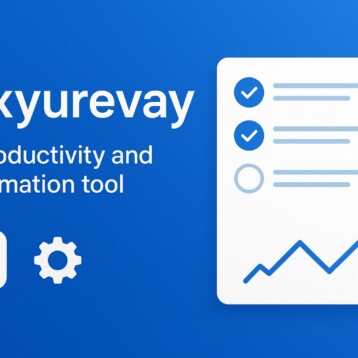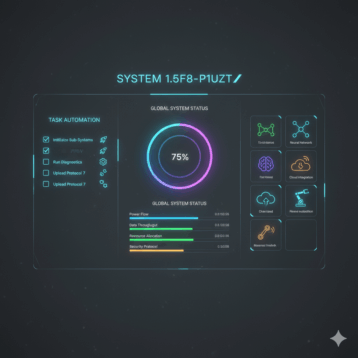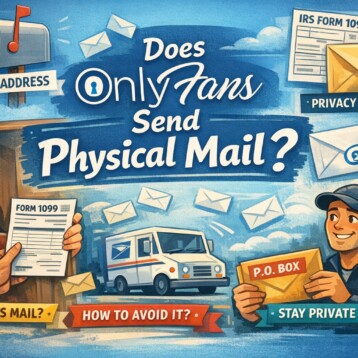In today’s world, navigating the complexities of internet radio licensing opens a portal to the heart of broadcasting legality. We will embark on a journey into the realm of internet radio licensing with this post. You can also discover the intricate dance between broadcasters and licenses, uncovering all the necessary steps for compliance and creativity. Let’s take a look.
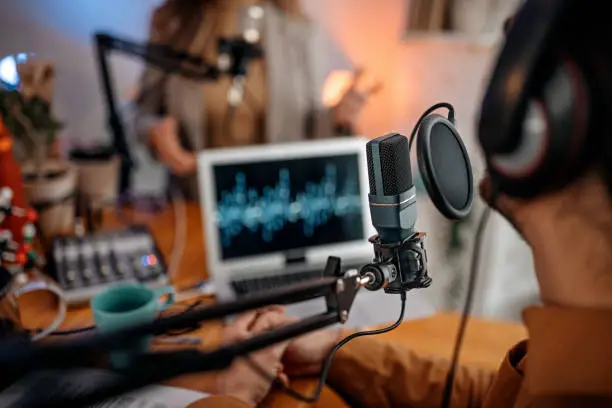
What is Internet Radio?
Internet radio, also referred to as web radio or streaming radio, has gained increasing popularity in recent times. It offers listeners a flexible way to enjoy music, podcasts, and other audio content from all over the world. Unlike radio, which relies on broadcasting signals, internet radio utilizes streaming technology to deliver content online.
The Importance of Obtaining Licenses
Although the internet may seem like a platform of freedom for broadcasting content, it’s essential to adhere to legal requirements. Acquiring an internet radio license is vital to ensure compliance with copyright laws and regulations governing the use of copyrighted material.
Understanding Copyright Regulations
Copyright laws are in place to safeguard the rights of creators and owners of works. These works can encompass music compositions, sound recordings, podcasts, and spoken word content. As an internet radio broadcaster, it’s crucial to comprehend that obtaining licenses is necessary for playing copyrighted material.
Selecting a Licensing Partner That Suits Your Needs
To acquire an internet radio license, you’ll need to collaborate with a licensing partner who can provide the permissions and rights for your broadcasted content.
When it comes to choosing a licenser, there are a few options:
Performing Rights Organizations (PROs)
Organizations such as ASCAP, BMI, SESAC, and SOCAN help collect and distribute royalties on behalf of artists and songwriters.
Digital Libraries
If you want access to a range of songs without having agreements with each artist or record label, digital libraries offer licenses for their extensive collection of recorded music tracks.
Direct Licensing
In many cases, you can negotiate directly with artists or record labels to obtain licenses for their music. This option requires effort and can present unique opportunities for collaboration.
Types of Licensing
It’s important to select the license based on your requirements. Here are some common types of licenses for internet radio broadcasters:
Public Performance License
This license allows you to play copyrighted music in settings. It covers performances, broadcasted music, as well as music played through streaming services or recorded media.
Mechanical License
With a mechanical license, you have permission to reproduce and distribute copyrighted music recordings. To legally copy recorded songs or stream them on demand, obtaining a mechanical license is necessary.
Synchronization License
If you intend to use copyrighted music alongside content, such as in videos or commercials, you will require a synchronization license from the copyright owner.
Applying for the License
Once you have determined the type of license needed for your internet radio station, it is time to initiate the application process. While the steps may vary depending on the chosen licenser, common aspects typically include:
Research
Start by researching licensers and their specific application requirements.
Application Form
Complete the provided application form thoroughly, making sure to include all required information.
Fees and Payments
Some licenses involve payment of fees or royalties based on factors such as audience size or generated revenue.
Review Process
After submitting your application, it will undergo a review conducted by the licenser to ensure compliance with their terms and conditions.
Renewals and Compliance
Once you have obtained an internet radio license, it is crucial to adhere to all specified renewal periods set by the licenser. Moreover, it is crucial to ensure that you adhere to any usage limitations outlined in your license agreement.
Conclusion
Acquiring a license for internet radio is vital to engage in broadcasting that upholds copyright regulations and safeguards the rights of artists. By familiarizing yourself with the fundamentals of licensing, identifying your requirements, and following the application procedure, you can unlock the frequencies needed to transmit captivating content on your internet radio station. Remember to renew your license and comply with any restrictions on usage to maintain broadcasting enjoyment.


